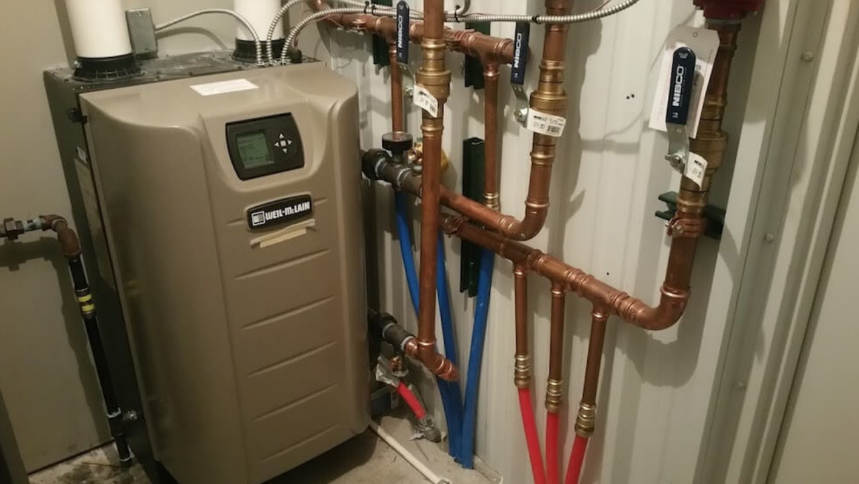
Why Does the Boiler Have a Strange Smell?
Boilers and heaters for water are essential – if sometimes unnoticed – part of many households. However, water boilers and water heaters are not the same. However, many people use the words interchangeably. Water boilers, unlike water heaters, are considered to consist of copper tubes that heat and circulate water in a house or apartment building.
What Causes the Rotten Egg Smell in Boilers?
A common issue with boilers and water heaters is that they can begin to smell like rotten eggs. This unpleasant odor is not a sign of a broken boiler or furnace nor a sign of danger. Still, it is heavy and intense, and you can address it as soon as possible anytime a boiler emits a peculiar odor.
Anaerobic bacteria usually thrives in the magnesium and aluminum components of all mechanical devices, cause the rotten egg/sulfur odor that plagues many boilers and water heaters. These pieces, known as sacrificial anodes, must be replaced regularly. In addition, many boilers and water heaters have a warm, dark, and moisture-prone atmosphere, which, when combined with the typically isolated area of a basement, is very attractive to bacteria, especially the stinky anaerobic bacteria that cause the sulfur odor.
Problems With Boilers Are More Challenging
One significant difference between a heater and a boiler is that boilers have far more components and are more challenging to repair. While you can fix several water heater problems yourself with standard tools, it is better to hire a skilled plumber to fix boiler problems. Their components, such as tubing, and valves are much more complicated than most water heaters requiring more experience. In addition, when a boiler emits an unusual odor, HVAC experts may easily detect any other issues it might be experiencing.
In addition, it’s safe to have a plumber inspect the boiler to ensure that the anodes are appropriately replaced (or a sniff, as the case may be). Many plumbers can substitute one or two anodes with an aluminum-zinc alloy anode to reduce bacteria, but this approach is less efficient if you use a water softener.
For a Smelly Boiler, a Simple DIY Fix
You may also use this “quick fix” technique to hide the rotten egg odor before the plumber arrives:
- Turn off the water heater’s cold-water valve, then run a hot water faucet somewhere in your house to alleviate pressure.
- Then, pump a small amount of water from your radiator, open the entry valve, and dump a few pint-sized bottles of hydrogen peroxide inside. The peroxide can destroy certain bacteria while still reducing theodor.
- Finally, re-seal the valve.
- Allow the peroxide to sit in the tank over few hours.
- Re-open the cold-water valve to flush out the peroxide by allowing the cold water to make its way through the boiler, then allowing more water to flow from the home’s taps.